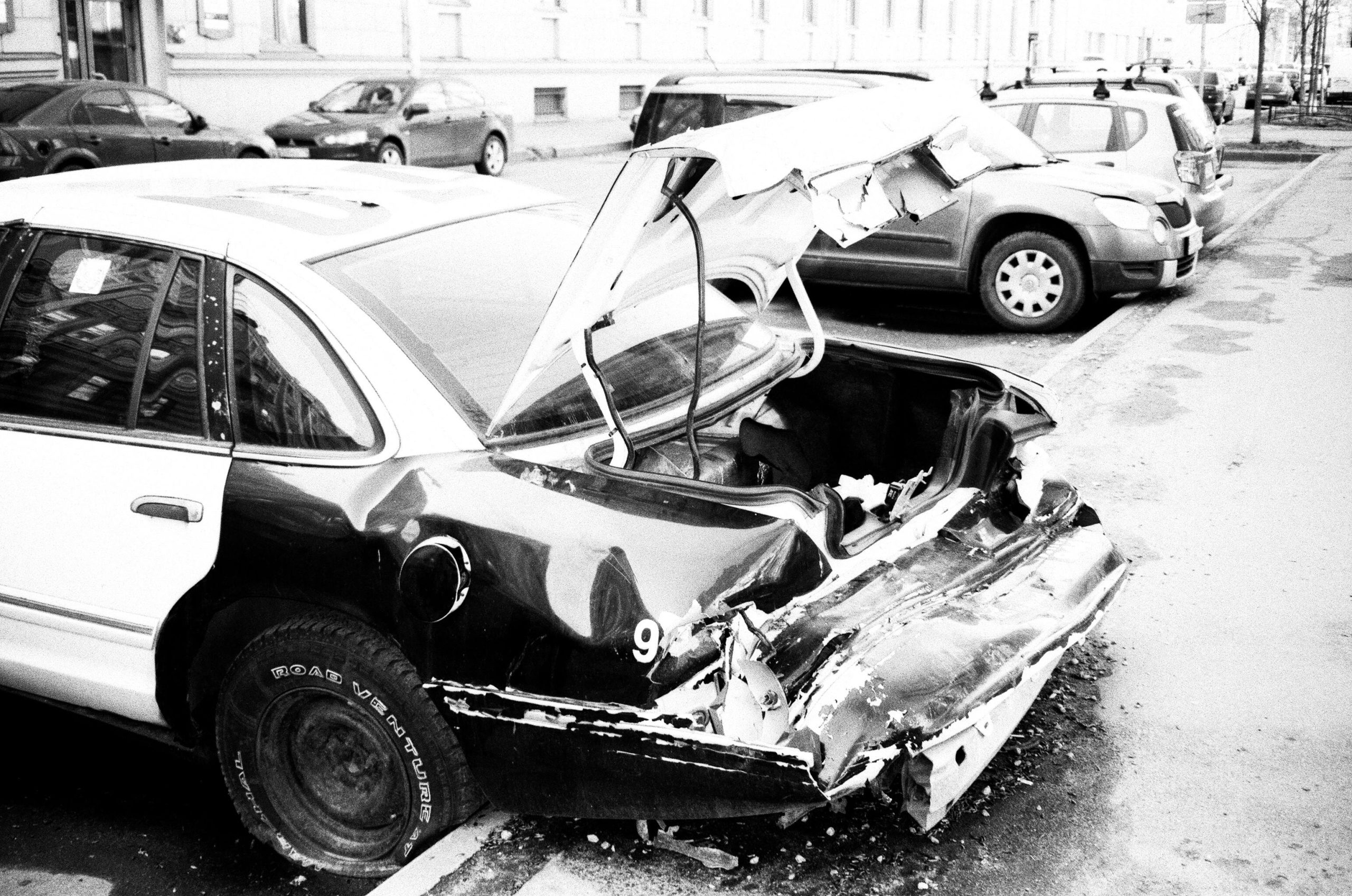 Filing a medical malpractice claim in Louisiana involves navigating a complex process, including meeting strict deadlines. One crucial step is timely paying the filing fee to the Patient’s Compensation Fund Oversight Board (PCF Board). But does the “mailbox rule” apply to these payments? A recent Louisiana Court of Appeal case, In re: Medical Malpractice Review Panel Proceedings of Tiffany Anderson, grappled with this question, highlighting the importance of understanding the nuances of the law and the potential consequences of missed deadlines.
Filing a medical malpractice claim in Louisiana involves navigating a complex process, including meeting strict deadlines. One crucial step is timely paying the filing fee to the Patient’s Compensation Fund Oversight Board (PCF Board). But does the “mailbox rule” apply to these payments? A recent Louisiana Court of Appeal case, In re: Medical Malpractice Review Panel Proceedings of Tiffany Anderson, grappled with this question, highlighting the importance of understanding the nuances of the law and the potential consequences of missed deadlines.
Tiffany Anderson’s Case:
Tiffany Anderson filed a request for a medical review panel with the PCF Board alleging medical malpractice. She mailed the required filing fee within the 45-day deadline, but the payment was not received by the PCF Board until after the deadline. The PCF Board declared her claim invalid, and the district court upheld this decision. Anderson appealed.
 Insurance Dispute Lawyer Blog
Insurance Dispute Lawyer Blog


 In a victory for consumer rights, the
In a victory for consumer rights, the  In a victory for injured workers in Louisiana, the Court of Appeal for the Fourth Circuit recently upheld a decision granting Lorae Burnett the right to shoulder surgery following a work-related motor vehicle accident. The case,
In a victory for injured workers in Louisiana, the Court of Appeal for the Fourth Circuit recently upheld a decision granting Lorae Burnett the right to shoulder surgery following a work-related motor vehicle accident. The case,  In a decisive move highlighting the importance of procedural adherence in workers’ compensation cases, the Louisiana Court of Appeal, Fourth Circuit, dismissed an appeal because the appellants failed to post a required appeal bond.
In a decisive move highlighting the importance of procedural adherence in workers’ compensation cases, the Louisiana Court of Appeal, Fourth Circuit, dismissed an appeal because the appellants failed to post a required appeal bond. A recent ruling by the
A recent ruling by the  A recent ruling by the Louisiana Court of Appeal has shed light on the complexities of prescription (the state’s equivalent of a statute of limitations) and the concept of joint tortfeasors in wrongful death cases. The case, Crocker v. Baton Rouge General Medical Center, involved a tragic incident where a mentally impaired man, Jerry Sheppard, died after an altercation following his discharge from the hospital.
A recent ruling by the Louisiana Court of Appeal has shed light on the complexities of prescription (the state’s equivalent of a statute of limitations) and the concept of joint tortfeasors in wrongful death cases. The case, Crocker v. Baton Rouge General Medical Center, involved a tragic incident where a mentally impaired man, Jerry Sheppard, died after an altercation following his discharge from the hospital. Navigating the complexities of
Navigating the complexities of  In personal injury law, car accidents at intersections are all too common. However, the case of
In personal injury law, car accidents at intersections are all too common. However, the case of  In the realm of workers’ compensation, the interplay between physical injuries and mental health can be complex. A recent Louisiana Court of Appeal decision highlights the challenges faced by workers seeking compensation for mental health conditions arising from workplace injuries. The case involved a police officer who developed psychological issues after a back injury, and the court’s ruling underscores the high standard of proof required for such claims.
In the realm of workers’ compensation, the interplay between physical injuries and mental health can be complex. A recent Louisiana Court of Appeal decision highlights the challenges faced by workers seeking compensation for mental health conditions arising from workplace injuries. The case involved a police officer who developed psychological issues after a back injury, and the court’s ruling underscores the high standard of proof required for such claims. We’ve all heard the phrase “slip and fall,” often in a comedic context. However, slip-and-fall accidents can result in severe injuries and legal battles. The recent Louisiana Court of Appeal case of Barton v. Walmart highlights the complexities of such cases and what it takes to prove a merchant’s liability.
We’ve all heard the phrase “slip and fall,” often in a comedic context. However, slip-and-fall accidents can result in severe injuries and legal battles. The recent Louisiana Court of Appeal case of Barton v. Walmart highlights the complexities of such cases and what it takes to prove a merchant’s liability.